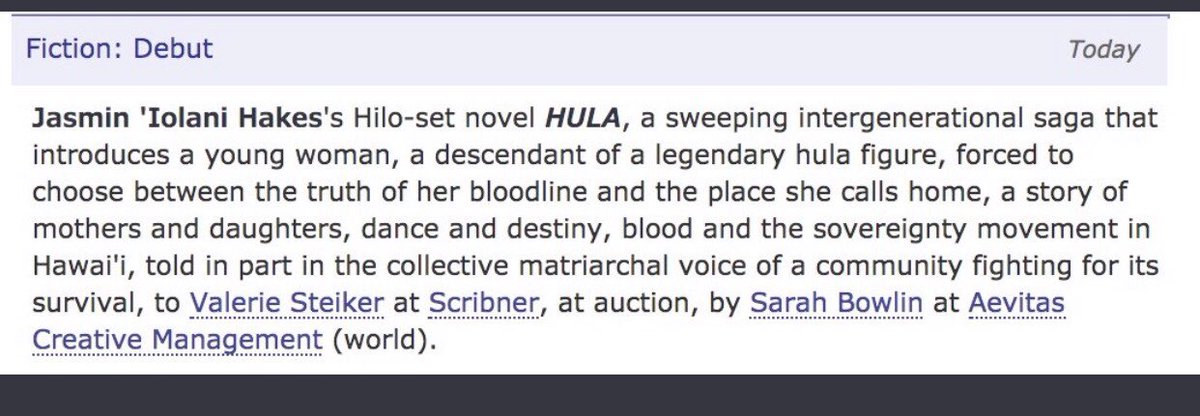At first glance I am sure this looks like a harmless YA Romance, but Hawai’i isn’t just a location and hula isn’t just a kind of dancing (despite its ubiquity in tourist entertainment).
I can’t find anywhere that this author is Kānaka, though she says she lived in Hawaii. https://abs.twimg.com/emoji/v2/... draggable="false" alt="😒" title="Unerfreutes Gesicht" aria-label="Emoji: Unerfreutes Gesicht">
https://abs.twimg.com/emoji/v2/... draggable="false" alt="😒" title="Unerfreutes Gesicht" aria-label="Emoji: Unerfreutes Gesicht">
I can’t find anywhere that this author is Kānaka, though she says she lived in Hawaii.
The main character hits every square on the racist stereotypes of characters of color. She even fit in drug addiction, absent father, and TWO dead parental figures.  https://abs.twimg.com/emoji/v2/... draggable="false" alt="🤦🏽♀️" title="Frau schlägt sich die Hand vors Gesicht (mittlerer Hautton)" aria-label="Emoji: Frau schlägt sich die Hand vors Gesicht (mittlerer Hautton)">
https://abs.twimg.com/emoji/v2/... draggable="false" alt="🤦🏽♀️" title="Frau schlägt sich die Hand vors Gesicht (mittlerer Hautton)" aria-label="Emoji: Frau schlägt sich die Hand vors Gesicht (mittlerer Hautton)">
Then we have the love interest, the son of the direct who Kalea is playing tour guide to. He’s rich and white. Which means the director is white and in charge of a hula and fire-knife dance group?  https://abs.twimg.com/emoji/v2/... draggable="false" alt="🤨" title="Gesicht mit hochgezogener Augenbraue" aria-label="Emoji: Gesicht mit hochgezogener Augenbraue">
https://abs.twimg.com/emoji/v2/... draggable="false" alt="🤨" title="Gesicht mit hochgezogener Augenbraue" aria-label="Emoji: Gesicht mit hochgezogener Augenbraue">
Which makes me think this a tourist entertainment group. Not Kānaka performers.
Which makes me think this a tourist entertainment group. Not Kānaka performers.
What I’ve gleaned from the authors tweets. Kalea is Tahitian and Filipino, not Kānaka.
The author is promoting the story as Kalea becoming “the first female fire-knife dancer.”
Women already do this, they have their own category the Samoan World Fireknife Championships.
The author is promoting the story as Kalea becoming “the first female fire-knife dancer.”
Women already do this, they have their own category the Samoan World Fireknife Championships.
This is cultural tourism at its very worse. The sad, poor, (light-skin) hula girl bootstraps she way to gender equality and gets a rich white boyfriend with a tourists version of Hawai’i as the backdrop.
misrepresenting cultural practices and identities for others’ entertainment
misrepresenting cultural practices and identities for others’ entertainment
Hula isn’t just a dance and it’s use as entertainment for outsides has a long and painful history. You don’t use it lightly, especially in a story set in Hawai’i and certainly not when the performer isn’t Kānaka.
PS The Tahitian dance is Ote`a.
PS The Tahitian dance is Ote`a.
It’s ignorant and disrespectful to erase the many women who fireknife dance (like Jeralee Galei) for the sake of some white feminist postcard fantasy of Hawai’i. https://youtu.be/8YmthYbtXXY ">https://youtu.be/8YmthYbtX...
FYI, Fireknife has its roots in a Samoan exhibition (Ailao) where warriors demonstrate their battle prowess. There’s historical accounts that confirm women, daughters of chieftains, also participated.
White women need to stop trying to Columbus WOC’s history.
White women need to stop trying to Columbus WOC’s history.
Could this story be told in a “good way?” The answer depends on the person your asking.
As a non-Kānaka Pasifika person who grew up in Hawai’i, I feel uncomfortable with our stories of life on the islands being proritized over Kānaka voices.
As a non-Kānaka Pasifika person who grew up in Hawai’i, I feel uncomfortable with our stories of life on the islands being proritized over Kānaka voices.
To say nothing of the complex relationship between indigenous people have tourist industries that are both predatory and often the only source of income for indigenous and migrant communities forced into working/living on occupied land.
Here& #39;s another one.
The title is HULA, the story is about HULA and Hawai& #39;ian Sovereignty.
The authors is NOT Kānaka. She is Filipino, Portuguese, Puerto Rican and white. (source: https://omaha.com/opinion/jasmin-iolani-hakes-the-goddess-of-the-volcanoes-will-do-what-she-wants/article_90a414f3-e44a-5ac4-aa34-5f4627d36997.html)
The">https://omaha.com/opinion/j... audacity...
[h/t to @hakumele_]
The title is HULA, the story is about HULA and Hawai& #39;ian Sovereignty.
The authors is NOT Kānaka. She is Filipino, Portuguese, Puerto Rican and white. (source: https://omaha.com/opinion/jasmin-iolani-hakes-the-goddess-of-the-volcanoes-will-do-what-she-wants/article_90a414f3-e44a-5ac4-aa34-5f4627d36997.html)
The">https://omaha.com/opinion/j... audacity...
[h/t to @hakumele_]
Authors of color write racist colonial fantasies. This is especially true of non-Kānaka BIPOC who lived in Hawai& #39;i writing about the islands, culture, and people. Their books on Hawai& #39;i get published more often than books by Kānaka authors. https://twitter.com/fangirlJeanne/status/1257437549544517634?s=20">https://twitter.com/fangirlJe...
Here we have a cis white woman writing about a non-binary Kānaka kid.
I& #39;m just so very tired.
[h/t to @need_tea] https://www.goodreads.com/book/show/43568509-ho-onani">https://www.goodreads.com/book/show...
I& #39;m just so very tired.
[h/t to @need_tea] https://www.goodreads.com/book/show/43568509-ho-onani">https://www.goodreads.com/book/show...
Here& #39;s hoping that @valeriesteiker, @ScribnerBooks, and @svbowlin follow @EmiCalico and @jordanmarigreen& #39;s lead and pull HULA.
A book about hula, identity, and Hawai& #39;i SOVEREIGNTY written by Latina, Filipina author who just happened to live in Hawai& #39;i.
https://twitter.com/EmiCalico/status/1300486372680232962?s=20">https://twitter.com/EmiCalico...
A book about hula, identity, and Hawai& #39;i SOVEREIGNTY written by Latina, Filipina author who just happened to live in Hawai& #39;i.
https://twitter.com/EmiCalico/status/1300486372680232962?s=20">https://twitter.com/EmiCalico...

 Read on Twitter
Read on Twitter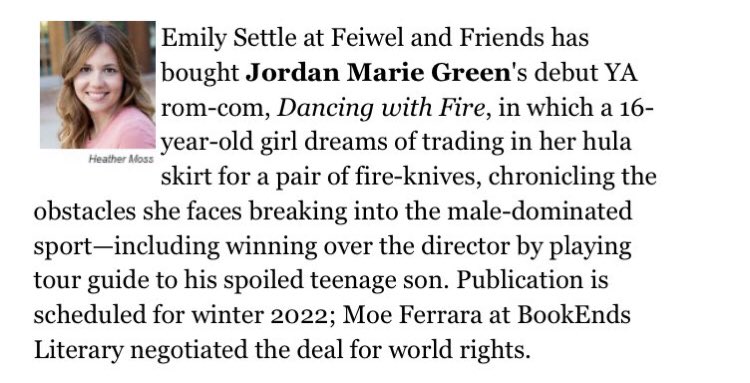 " title="At first glance I am sure this looks like a harmless YA Romance, but Hawai’i isn’t just a location and hula isn’t just a kind of dancing (despite its ubiquity in tourist entertainment).I can’t find anywhere that this author is Kānaka, though she says she lived in Hawaii. https://abs.twimg.com/emoji/v2/... draggable="false" alt="😒" title="Unerfreutes Gesicht" aria-label="Emoji: Unerfreutes Gesicht">" class="img-responsive" style="max-width:100%;"/>
" title="At first glance I am sure this looks like a harmless YA Romance, but Hawai’i isn’t just a location and hula isn’t just a kind of dancing (despite its ubiquity in tourist entertainment).I can’t find anywhere that this author is Kānaka, though she says she lived in Hawaii. https://abs.twimg.com/emoji/v2/... draggable="false" alt="😒" title="Unerfreutes Gesicht" aria-label="Emoji: Unerfreutes Gesicht">" class="img-responsive" style="max-width:100%;"/>
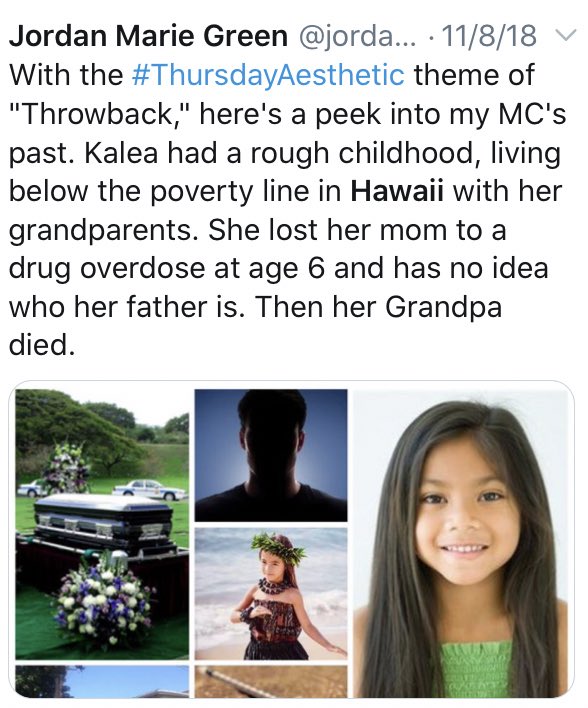 " title="The main character hits every square on the racist stereotypes of characters of color. She even fit in drug addiction, absent father, and TWO dead parental figures. https://abs.twimg.com/emoji/v2/... draggable="false" alt="🤦🏽♀️" title="Frau schlägt sich die Hand vors Gesicht (mittlerer Hautton)" aria-label="Emoji: Frau schlägt sich die Hand vors Gesicht (mittlerer Hautton)">" class="img-responsive" style="max-width:100%;"/>
" title="The main character hits every square on the racist stereotypes of characters of color. She even fit in drug addiction, absent father, and TWO dead parental figures. https://abs.twimg.com/emoji/v2/... draggable="false" alt="🤦🏽♀️" title="Frau schlägt sich die Hand vors Gesicht (mittlerer Hautton)" aria-label="Emoji: Frau schlägt sich die Hand vors Gesicht (mittlerer Hautton)">" class="img-responsive" style="max-width:100%;"/>
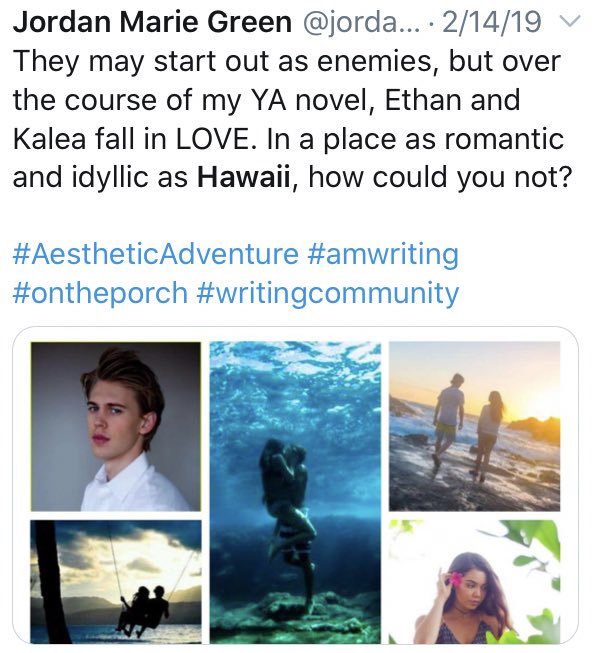 Which makes me think this a tourist entertainment group. Not Kānaka performers." title="Then we have the love interest, the son of the direct who Kalea is playing tour guide to. He’s rich and white. Which means the director is white and in charge of a hula and fire-knife dance group? https://abs.twimg.com/emoji/v2/... draggable="false" alt="🤨" title="Gesicht mit hochgezogener Augenbraue" aria-label="Emoji: Gesicht mit hochgezogener Augenbraue">Which makes me think this a tourist entertainment group. Not Kānaka performers." class="img-responsive" style="max-width:100%;"/>
Which makes me think this a tourist entertainment group. Not Kānaka performers." title="Then we have the love interest, the son of the direct who Kalea is playing tour guide to. He’s rich and white. Which means the director is white and in charge of a hula and fire-knife dance group? https://abs.twimg.com/emoji/v2/... draggable="false" alt="🤨" title="Gesicht mit hochgezogener Augenbraue" aria-label="Emoji: Gesicht mit hochgezogener Augenbraue">Which makes me think this a tourist entertainment group. Not Kānaka performers." class="img-responsive" style="max-width:100%;"/>
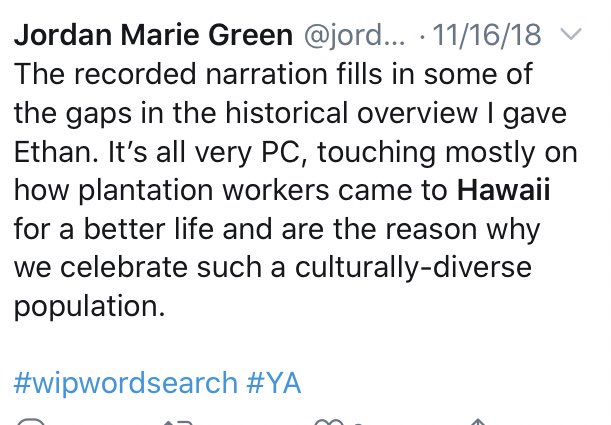
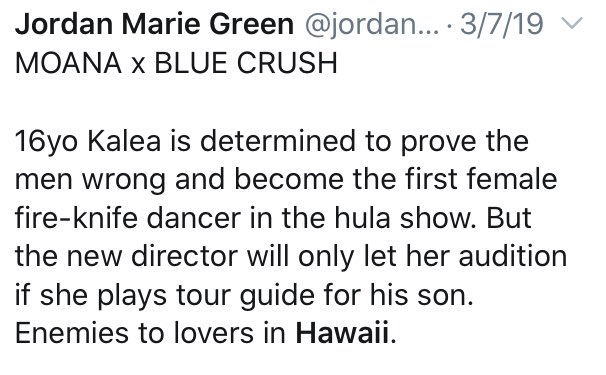
![Here& #39;s another one.The title is HULA, the story is about HULA and Hawai& #39;ian Sovereignty.The authors is NOT Kānaka. She is Filipino, Portuguese, Puerto Rican and white. (source: https://omaha.com/opinion/j... audacity...[h/t to @hakumele_] Here& #39;s another one.The title is HULA, the story is about HULA and Hawai& #39;ian Sovereignty.The authors is NOT Kānaka. She is Filipino, Portuguese, Puerto Rican and white. (source: https://omaha.com/opinion/j... audacity...[h/t to @hakumele_]](https://pbs.twimg.com/media/EgnN-rUUcAAouc8.jpg)
